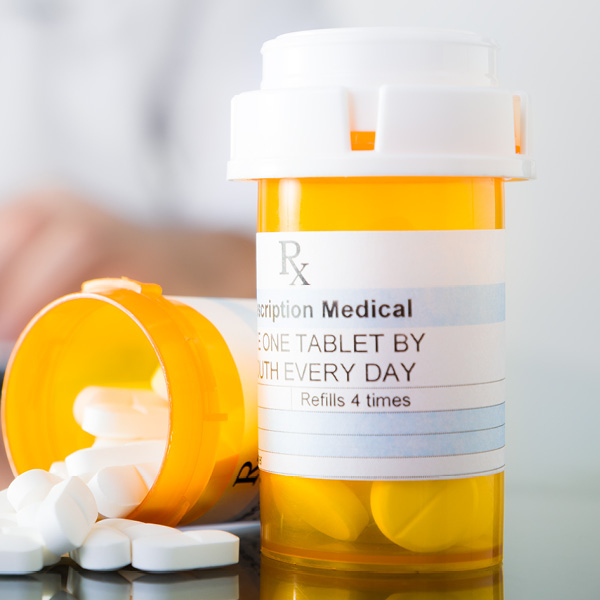Help save future generations by using antibiotics mindfully
In the United States, more than 2.8 million antibiotic-resistant infections occur each year. As a result, more than 35,000 people die.
Interested in health and wellness information? Visit the Capital Journal for more articles.
Sources:
The information provided is meant for a general audience. Capital Blue Cross and its affiliated companies believe this health education resource provides useful information but does not assume any liability associated with its use.
